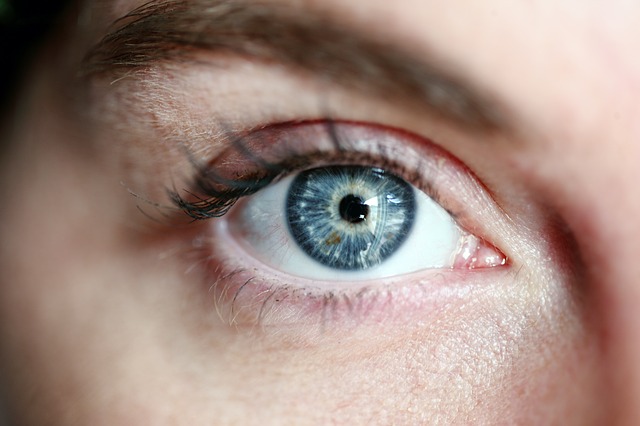What is Farsightedness?
Farsightedness or hyperopia is a well known and very common condition where distant objects and sights may be clear but close objects seem very fuzzy and blurry. The distance of your eye’s clarity depends on what level of severity the condition is. With very severe hyperopia the eyes will only be able to perceive objects clearly from a great distance away, but mild hyperopia allows the eyes to see objects clearly from a shorter distance. This means that mild hyperopia can focus on objects closer to you than severe hyperopia would allow. Hyperopia is very common and is usually contracted from birth as it tends to run in the family. So if the mother or father of a child has hyperopia, chances are that the child will have it as well.

Symptoms
Although the symptoms may seem simple, as hyperopia is just the inability to focus on nearby objects it still comes with a fair share of annoyances. For instance, people with hyperopia may experience
- Nearby objects are fuzzy and blurry
- Squinting is the only way to see close objects well
- Eyestrain, burning eyes, and general discomfort or aching can occur
- General eye discomfort or headaches occur after a prolonged or extended amount of time conducting tasks such as computer work, drawing, reading, or writing
This means that since nearby objects seem blurry to people with farsightedness, the eyes have to work extra hard and use more energy when focusing on these close objects. Since the eyes have to concentrate and use more energy, they can tire themselves and the brain which is why straining and headaches can occur.
The right time to see a doctor
Treatment is fairly easy with corrective lenses or glasses being easy to prescribe and prescription pairs being incredibly available. Although for people that can’t bear wearing lenses or glasses and just want to experience normal eyesight, corrective surgery is also an option. Another possible reason to have corrective surgery to fix farsightedness is if your ability to conduct certain tasks isn’t as satisfactory as you would like it to be, or if the state of your vision detracts from your overall enjoyment of life and activities. If this is the case, then it is more than ideal to contact your ophthalmologist and arrange a meeting to see if corrective surgery is right for you.
Causes
There are two parts of the eye that allow it to focus on objects successfully. These are the cornea and the lens. Usually, in a working eye, these are perfectly balanced and have a very precise curvature. Although at times, there are refractive errors in the eye and the cornea and lens might not be perfectly curved. If they aren’t perfectly curved, or just flat then the eye cannot perfectly refract. In this case, then the eyes can’t accurately perceive their surroundings and your vision can be blurry from certain distances.

Other Refractive Errors and Complications
Another refractive error that can occur in the eye is myopia. Myopia or nearsightedness is the condition where the eyes can’t correctly perceive and focus on farther objects rather than closer ones. Although, the treatment isn’t that different from hyperopia. They both can be remedied from lenses or glasses, and both can be permanently fixed by surgery. One other sort of refractive error is Astigmatism. Astigmatism is a disorder in which your lenses or cornea may bend or curve too much in one certain direction. When astigmatism goes unchecked it may blur your vision. Complications may include
- Crossed Eyes. Children without special eyeglasses that have hyperopia may be cross-eyed. Although special glasses can fix this problem if it does arise.
- Lower Quality Of Life. The worsened focus may detract from your ability to do certain activities and may seem to remove some of the enjoyment and joy of life and its day to day activities and responsibilities.
- Eyestrain May Occur. Because of all the squinting and energy spent focusing on nearby objects, your eyes could get strained and headaches could come as a result. Although, special glasses will remove the need for squinting and could possibly eliminate quite a bit of headache from your life.
- Impaired Vision and Safety. As a result of the lack of corrective lenses or surgery, it may be possible that you could potentially put lives in danger when driving or operating large and heavy machinery.
- Large Expenses. Although the negatives vastly outweigh the positives when it comes to letting the condition worsen and not getting treatment, a reason why some may choose to hold off is the hefty price. This price tag includes the tests, exams, treatments, possible surgeries, and special prescribed glasses or contacts.
Farsightedness or hyperopia is an incredibly common condition with more than 3 million cases popping up every year. Thankfully, treatment is widely available and incredibly easy. For people with hyperopia, treatment may seem like a given if not for its large price tag. Because of the treatment’s large price, it is understandable if someone would like to wait for later, but it is better to try and fix it as fast as possible before your eyesight gets worse.